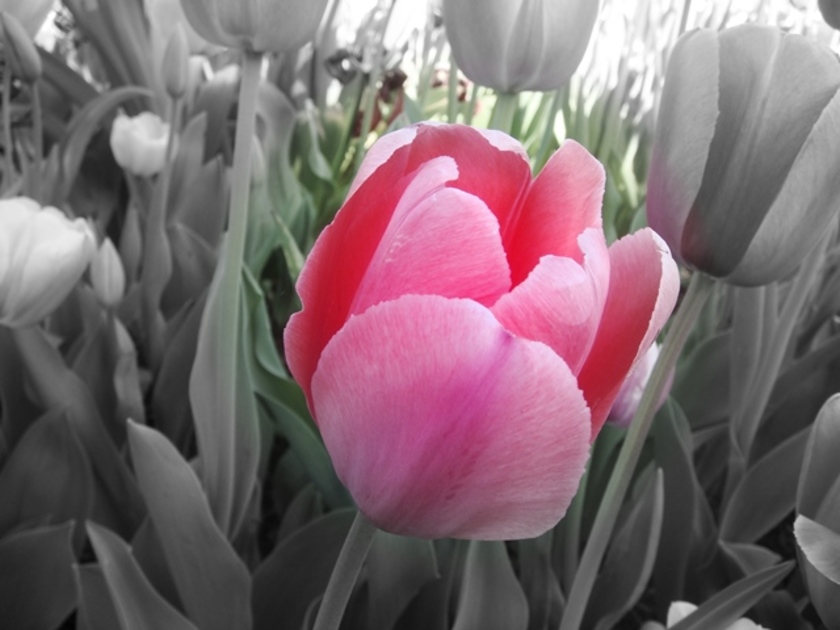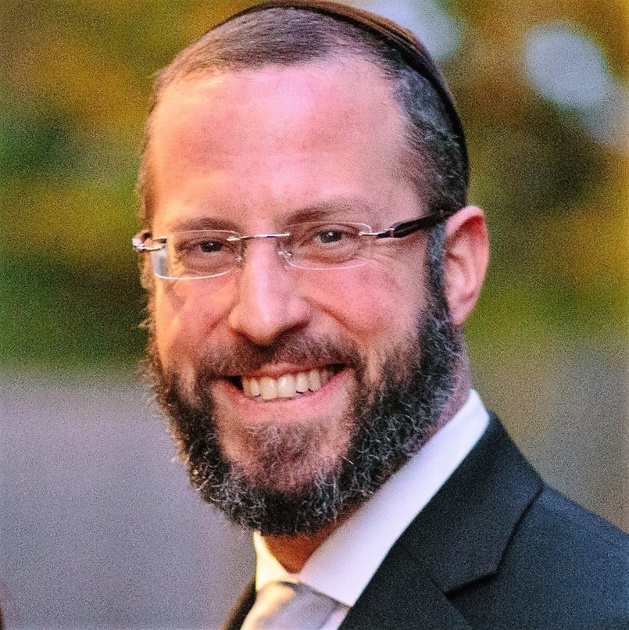
"I hate socializing."
"Awk- waard!"
"I have nothing to say at the table."
"Everyone else is so different than I am."
"They sooo don’t get me."
A chief complaint that we can feel when we are in a group of people is that we are markedly different than the others. Sometimes we might feel inferior – not as knowledgeable, less “with it,” or not too sociable. On other occasions we might feel that we are “better” – more intelligent, further refined, or superior conversationalists. These thoughts can leave us feeling that we have little to talk to everyone else about. We might feel “out of it” or not too energetic as the conversation buzzes around us. Then, the ideas that we had about the group become even more true as our prophesies of difference fulfill themselves.
There is a fascinating background story to this experience. A tension exists deep within us. On the one hand, we deeply desire to feel unique. That yearning was with us since our earliest days, and perhaps before then. We wanted our parents to take care of us, protect us, and show us their love and how we were special to them. As we matured physically and emotionally, we remained with that perpetual desire to feel unique. In addition, each of us really is unique. We are each different from one another physically, and that reflects the exclusive nature of each of our thoughts and feelings. We might know that, but we want to feel it more potently. Each person is distinctive from a religious standpoint, too. The soul that each person has is individual, and represents his connection with the Divine.
At the same time, the perpetual desire to feel and express our uniqueness can backfire. It can cause us to focus on it too much when we are with a group of others. Instead of connecting with the other individuals in a group, we hone in on our uniqueness. This is self-preserving. When we are with a group of people, our uniqueness can feel threatened. Paying disproportionate attention to our uniqueness feeds it and preserves it for us. In our efforts to keep our uniqueness, we create an I – You barrier.
In addition, when we focus unduly on our uniqueness, we often make a judgement about it. We can see ourselves as different and see the others as better than us. Although it might seem strange that we criticize ourselves, it actually works to our advantage. Our tale of woe as being less than everyone else highlights that we are different – and unique. We create a reality that the others shine and we fall short. It might be true that the other in a group have some attributes that we do not. Yet, we can be so desperate for a unique point of differentiation that these thoughts often feel truer than they are. This way of thinking is often painful and distances us from others, and from ourselves.
On other occasions, we might make a judgement of superiority of self. We might feel that the group that we are with is below what is fitting to us. We are smarter, more complicated, or better conversationalists than the other people there. In truth, the delusion of feeling superior also stems from a feeling of inferiority. We are so desperate to feel unique that we hone in on some positive traits or characteristics and favorably compare ourselves to others. This allows us to preserve our uniqueness that we perceive as so fragile.
Social situations can acutely bring out our deep desire to perpetuate our uniqueness. Ironically, true uniqueness is tautological. It is the very defining trait of who we are. One is unique. One is not unique because of something. "Unique" is not the middle of a sentence. It is followed by a period.
An apocryphal story tells of a man who walked into a restaurant in the South and ordered sausage and eggs for breakfast. When the waitress brought him his order, he noticed a white mound on the plate, too. He asked the waitress what they were. “Grits, sir,” she replied. “But I didn’t order grits,” he responded. “Sir, you don’t order grits, they just come,” she exclaimed. Similarly, our uniqueness is not something we need to rationalize or explain. At its core, it just is – it’s who we are and who we will be.
This was the eternal paradigm provided by the Machatzis Hashekel, the half-shekel that was required to be collected yearly, and is described in the beginning of Parshas Ki Sisa. The Torah highlights that each person was required to donate a half shekel coin for the needs of the Temple in the coming year. The Torah emphatically states that an affluent person may not increase his donation, and an indigent one may not decrease it. The lesson, highlighted by many commentaries, is that each person is central and important in maintaining the Temple. Those with deeper pockets do not have more gravitas than those with shallower ones. By extension, more or less intellectual ability, personality, or capability does not make a person more unique. Uniqueness just is.
When we think about our uniqueness as being an integral and immutable part of ourselves, it can allow us the freedom to foster it and still connect with others. We might even allow ourselves to see value in being in a group because others will enjoy our uniqueness. The more we are in touch with uniqueness as an integral part of who we are, the more it can begin deep conversations within ourselves and with the others that we associate with.
Find this post and more like it at my blog, ShmuelMaybruch.com
 Previous
Previous

